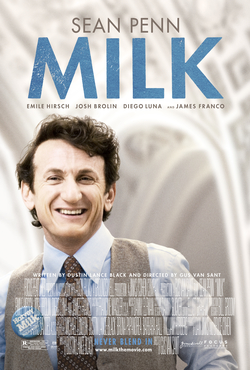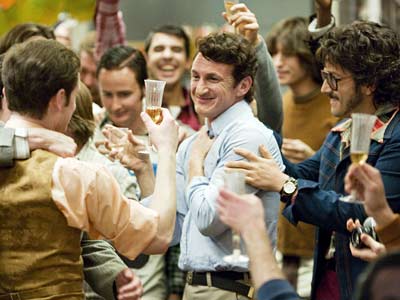 I don't really want to write a full review of Scott Derrickson's remake of Robert Wise's 1951 film The Day The Earth Stood Still. They clearly didn't put a full effort into this film, so I won't put one into the review. You all know the story. Klaatu (Keanu Reeves), an alien ambasador, comes to earth with his robot Gort, and they try to get the humans to stop their destructive ways (nuclear weapons in the original, global warming here). He meets a widow and her young stepson (Jennifer Connelly and Jaden Smith), who try to help him escape from various government figures-both good and bad (Kathy Bates, Kyle Chandler and Jon Hamm among others), and with the help of an eccentric professor (John Cleese), try to convince Klaatu to not kill all humans.
I don't really want to write a full review of Scott Derrickson's remake of Robert Wise's 1951 film The Day The Earth Stood Still. They clearly didn't put a full effort into this film, so I won't put one into the review. You all know the story. Klaatu (Keanu Reeves), an alien ambasador, comes to earth with his robot Gort, and they try to get the humans to stop their destructive ways (nuclear weapons in the original, global warming here). He meets a widow and her young stepson (Jennifer Connelly and Jaden Smith), who try to help him escape from various government figures-both good and bad (Kathy Bates, Kyle Chandler and Jon Hamm among others), and with the help of an eccentric professor (John Cleese), try to convince Klaatu to not kill all humans.The original film was one of the most interesting and relevant sci-fi films of the 50s, and it relied on tension and character instead of action. This version stays interesting and exciting for about 25 minutes, and then it decends into standard sci-fi cliche. Reeves gives his usual emotionless performance, but, like in the first Matrix movie and A Scanner Darkly, that's not necessarily a bad thing. Klaatu would benefit from a better actor, but Reeves isn't awful. Connelly tries her best with the awful dialogue she's given, and makes it work when possible. Cleese and Hamm (of TV's Mad Men) are both very good in limited roles, but Bates is clearly phoning it in. Jaden Smith may not be a bad young actor, but he plays the exact same stunningly annoying role as Dakota Fanning in War of the Worlds. The effects are terrible, the dialogue is weak and the visuals are bland and uninspired. The original story could work very well as a remake, but this is clearly Fox trying to make a quick buck with a lazy, usless effort.

See this ^ instead
Rating (out of ****) *1/2




